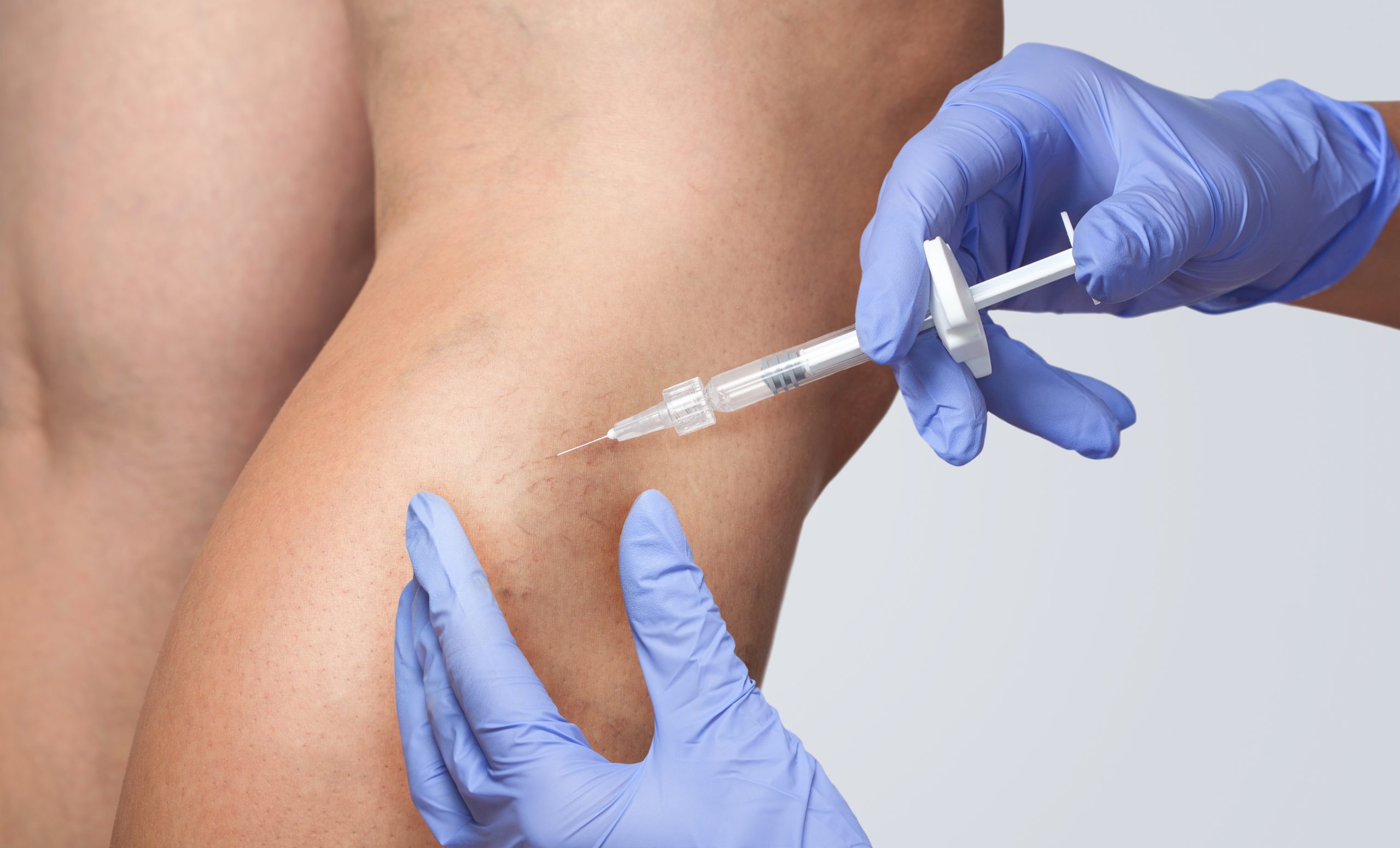
Symptoms:
Varicose Veins in the Esophagus or Stomach – Causes, Diagnosis, and Treatment
Book Appointment



At Emirates Hospitals Group, we understand that varicose veins in the esophagus or stomach, known as esophageal and gastric varices, are serious conditions that require prompt medical attention. These swollen veins develop due to increased pressure in the portal vein system, most commonly as a result of liver disease. If left untreated, they can rupture, leading to life-threatening bleeding. Early diagnosis and management are essential for preventing complications.
Esophageal and gastric varices develop due to portal hypertension, which occurs when blood flow through the liver is obstructed, leading to increased pressure in the veins. Common causes include:
Varices may not cause symptoms unless they rupture. When bleeding occurs, symptoms may include:
A thorough evaluation at Emirates Hospitals Group is necessary to detect varices before they rupture. Diagnostic methods may include:
The treatment approach depends on the severity of varices and whether bleeding has occurred. At Emirates Hospitals Group, our specialists provide personalized treatment plans, including:
Preventive Measures for Non-Bleeding Varices –
Emergency Treatment for Bleeding Varices –
If you are at risk of or experiencing symptoms of esophageal or gastric varices, seeking expert care at Emirates Hospitals Group is crucial for early diagnosis, prevention, and life-saving treatment.
Please complete the details and we will book you shortly.